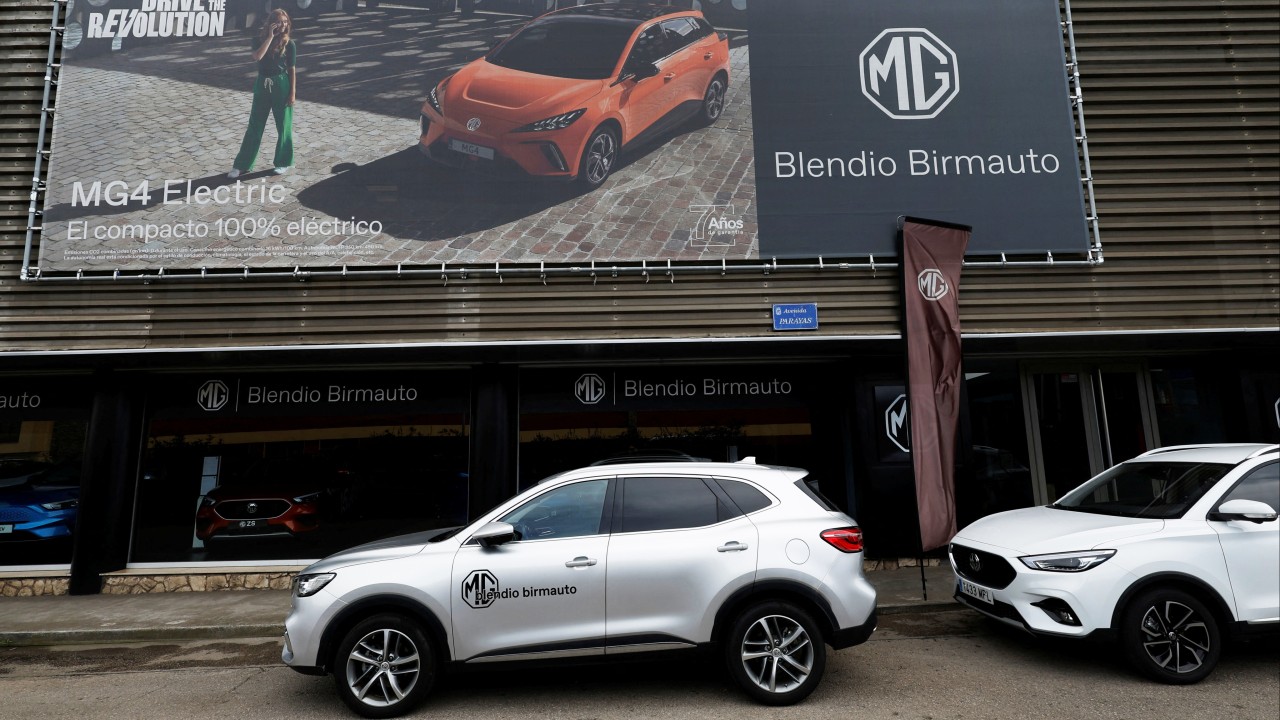
Han Wenxiu, deputy director of the General Office of the Central Financial and Economic Affairs Commission, published an article discussing recent guidelines from Beijing to achieve “high-quality development” – a common phrase referencing the world’s second-largest economy’s attempts to rise up the global value chain.
“We have to … remove administrative barriers, dismiss local protectionism and the vicious competition of ‘involution’ so we can speed up the building of a unified market,” Han wrote in Qiushi, a theoretical journal of the country’s Communist Party, in an article published on Sunday.
Endless involution and a boorish price war will result in cutting corners and substandard products
But challenges, both domestic and international, have arisen for these industries which could disrupt China’s manufacturing sector as it attempts to walk the path of “high-quality development”.
Across a series of industry conferences held in the last few weeks, carmakers have sparred with one another over whether the race to win consumers with lower EV prices is part of healthy market competition or a drag on product quality.
“Endless involution and a boorish price war will result in cutting corners and substandard products,” Geely Auto founder Li Shufu said in a filmed statement to his counterparts at the China Auto Chongqing Summit on June 7.
Wang Chuanfu, chairman of EV giant BYD, said at the same forum that involution is a “rule of nature in the market … only when we embrace it can we ascend from the competition.”
BYD itself came under criticism using similar terminology at a conference on June 1, as executive Yu Chengdong of competitor Huawei called the company the “king of involution” over its “ability to produce at a super low cost”.
Han’s article hit back at these claims, accusing “some Western countries” of limiting China’s transition to the more lucrative “high-quality development” through trade barriers and protectionism to keep China in the lower or middle segments of the global supply chain.
“We have to push for high-quality development to make sure we are self-reliant in high-level technology,” Han said, “and we can minimise differences with the world’s top-tier technology level so that we will not be ‘choked’ in key areas.”

